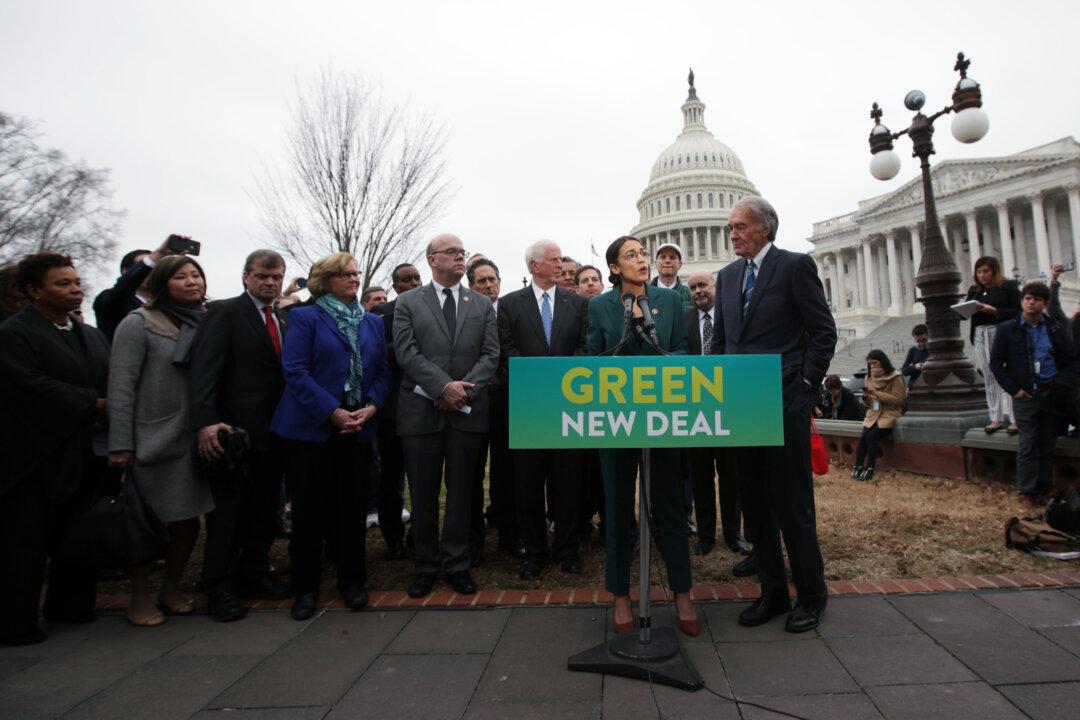Commentary
Conservatives have so many policy disagreements with progressives that it’s hard to keep track of them all. However, they all stem from three fundamental errors—the meta-errors of progressives and progressivism.


Conservatives have so many policy disagreements with progressives that it’s hard to keep track of them all. However, they all stem from three fundamental errors—the meta-errors of progressives and progressivism.